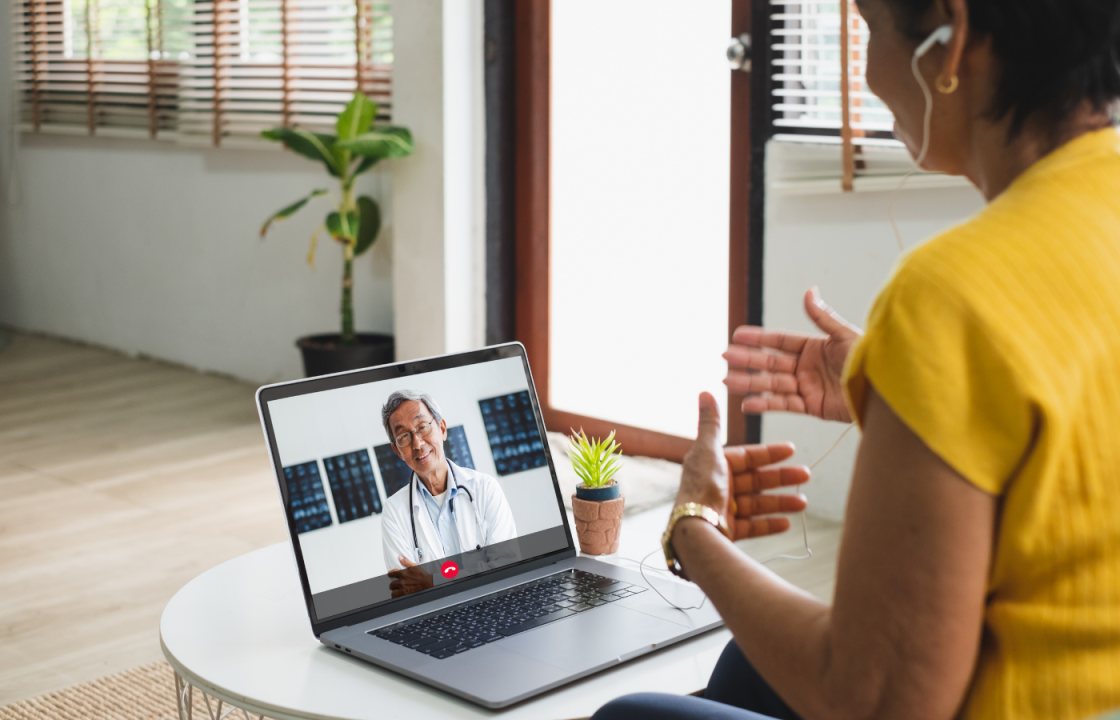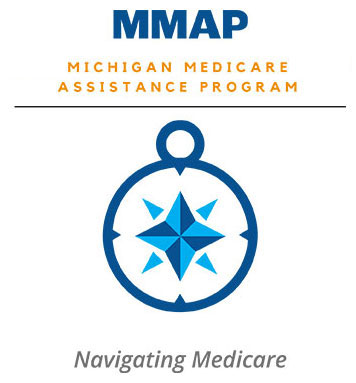As the world starts to open back up from the public health emergency caused by COVID-19, millions of older adults are looking forward to getting back to social visits and rescheduling missed appointments. If you have Medicare, you’ll want to consider these tips to maximize your coverage and health post-pandemic.
Continue to use Medicare-covered virtual visits
The pandemic introduced many people with Medicare to telehealth, virtual check-ins, and e-visits. While some types of screenings and services—like mammograms or glaucoma tests—can only be done in person, others still can be conducted virtually.
Before your next appointment, consider whether you want or need to go into the provider’s office. If you do need to visit in-person, be sure to ask about any new protocols, such as temperature measurements, mask requirements, and pre-visit questionnaires to allow time for these before your appointment.
Remember you will typically need to pay a copay, coinsurance, and/or deductible for an in-person or virtual office visit that includes diagnostic services.
Get your (delayed) Medicare preventive services
If you put off your Annual Wellness Visit, vaccinations, or routine screenings during stay-at-home orders, now’s the time to start scheduling them again. Medicare covers a wide range of preventive services, often at no cost to you.
In particular, take note of these Medicare-covered vaccinations:
- Two doses of the shingles vaccine are recommended to anyone aged 50+. Shingles is a painful rash caused by the same virus that causes chickenpox. In previous years, the vaccine has been scarce because of high demand, but thanks to the pandemic, fewer office visits mean that the shingles vaccine is more readily available. Medicare Part D plans cover the shingles vaccine, but there may be a cost to you depending on your plan.
Important note: As of November 2020, the shingles vaccine Zostavax is no longer available in the U.S. and has been replaced by Shingrix. The Centers for Disease Control and Prevention (CDC) recommends that adults who received Zostavax still get Shingrix. - Medicare Part B covers one flu shot per season. While the spread of influenza was low last year due to COVID-19 precautions, flu seasons can be unpredictable. It is recommended to get your flu shot before the peak season of November-March.
- If you haven’t already received a COVID-19 vaccine, know that these too are fully covered by Medicare. Need a ride to get your shots? NCOA has partnered with Lyft to offer vouchers for free rides to vaccine appointments through 2021.
Don’t forget your mental health
The pandemic may have separated you from family and friends, leading to social isolation and loneliness. But how do you know whether what you’re feeling is temporary or a symptom of something bigger?
Your Medicare benefits can help. Part B coverage includes free depression screening and alcohol misuse screening and counseling. The screenings and counseling must be done in a primary care doctor’s office or clinic that can provide follow-up treatment and referrals. Medicare Parts A and B also cover inpatient and outpatient mental health services; learn more in this official Medicare publication.
Check your Medicare Summary Notice
What is a Medicare Summary Notice? A Medicare Summary Notice (MSN, for people in Original Medicare) or Explanation of Benefits (EOB, for people with Medicare Advantage plans) is the quarterly statement you receive either electronically or by mail that outlines all the services billed to Medicare on your behalf.
Pay close attention to your MSN to understand your copay requirements for different services and office visits. Are all the charges legitimate or do you sense a scam? Note that sometimes the billing address for a service may come from another state, e.g., if you received a vaccine from a supermarket chain.
If you suspect you’ve been the victim of fraud, contact your local Senior Medicare Patrol or call 1-800-MEDICARE to report it.

